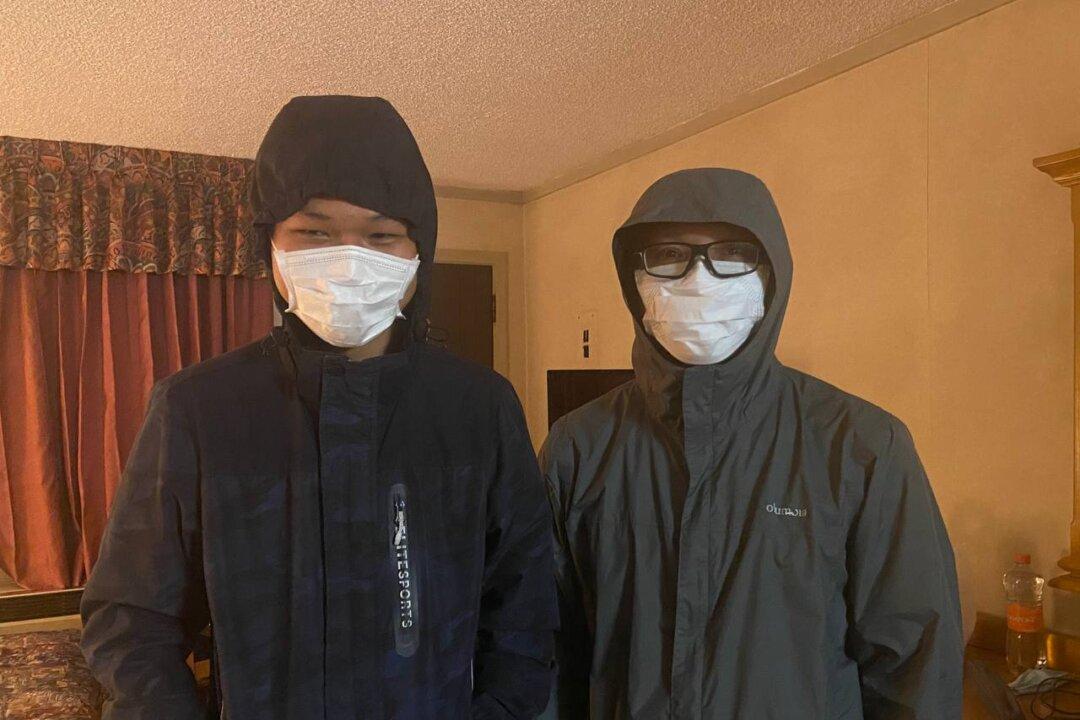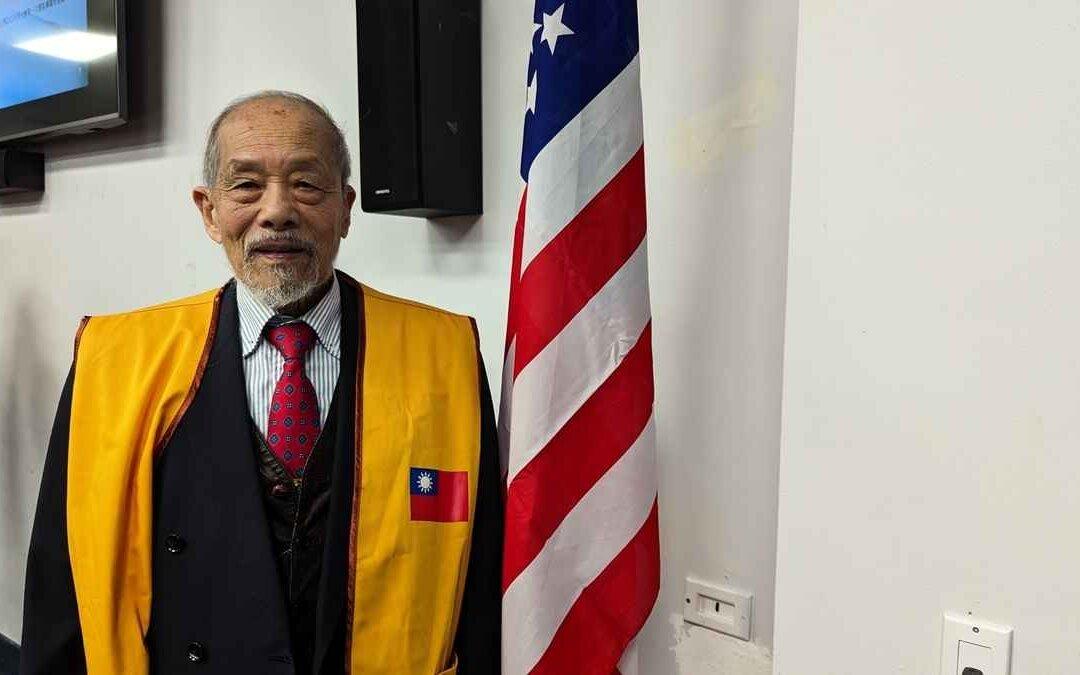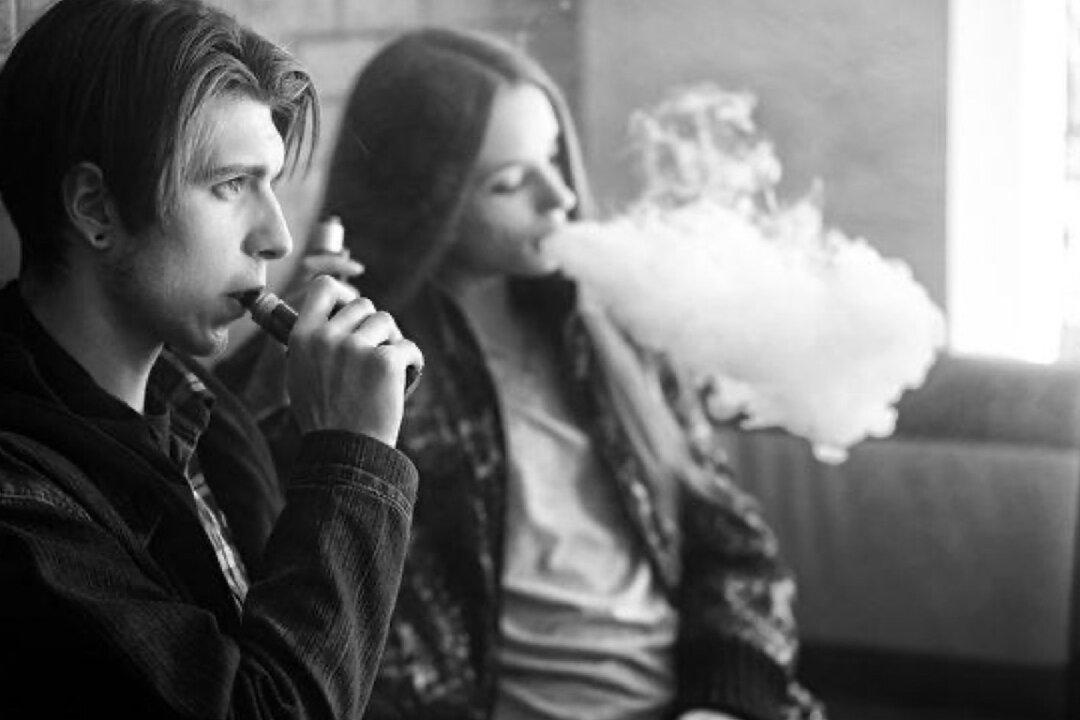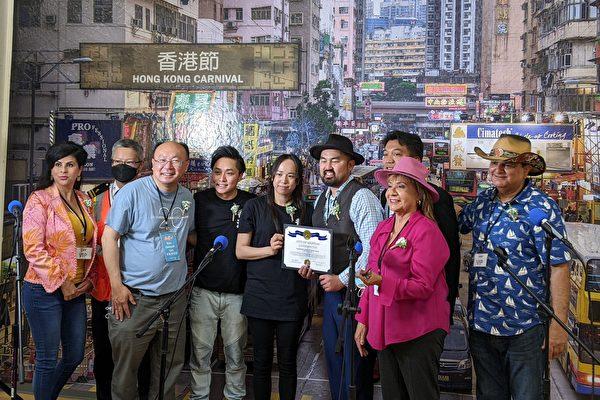Both arrested for a major protest in Hong Kong, a father and son are seeking asylum in the United States at an immigration detention facility. They entered the United States from Mexico on April 10 and turned themselves in.
The family doesn’t have British National Overseas (BNO) passports. Upon learning that plainclothes police were closely monitoring Hong Kong flights to the United Kingdom, Mr. Lee decided to go for the Mexico-U.S. route.
“We are basically starting over. Staying in Hong Kong is a dead end. We had to leave [Hong Kong],” said the father Mr. Lee in an interview with The Epoch Times. Mrs. Lee and two younger children are staying in Mexico, hoping to come to the United States legally.
Mr. Lee and his son had participated in the Hong Kong protests since 2014. The family was among the 2 million Hongkongers who had marched in June 2019, opposing the extradition bill that would allow the transfer of Hongkongers to mainland China and subject them to the law there.
His 16-year-old son had joined a dayslong protest at Hong Kong Polytechnic University. Protestors occupied the campus and fought the police with bows and arrows. Mrs. Lee supported her oldest son’s activities and followed his GPS location via her mobile phone. On the night of Nov. 18, 2019, she saw that her husband and son’s position was frozen for over an hour. She knew that they had encountered problems.
Mr. Lee had gone into the Hong Kong Polytechnic University to look for their son. The police had already besieged the campus on Nov. 13 and prohibited citizens from entering. However, Mr. Lee managed to find his son on Nov. 18.
As they were leaving the campus, Mr. Lee and his son were arrested. According to the son, police verbally threatened them. “A policeman threatened to kill me and drop my dead body in the ocean,” the son said.
While Mr. Lee usually took a supporting role in the protests by volunteering after work, the son was often on the front line.
The 16-year-old described his scariest experience when police cornered him and other protestors in an alley. He was with about 50 other protestors when the police shot tear gas, pepper rounds, and rubber bullets at them non-stop. There was only a one-person-wide exit at the end of the alley where the police waited. Anyone who tried to escape was beaten with police batons.
He eventually fled by jumping over bushes and rails. He later suffered from post-traumatic stress syndrome, including insomnia, nightmares, and occasional loss of memory. The recovery took three months of psychological consulting and therapy.
Both Mr. Lee and his son refused bail after their arrests. The police then had to decide whether to charge them or release them within 48 hours. They regained freedom, but they said this didn’t mean they were off the hook. The police could still decide to prosecute them at a later time.
Mr. Lee said the police didn’t have enough manpower to process so many cases at the time, so they got the temporary release. After the National Security Law—an escalated version of the 2019 Hong Kong extradition bill—became effective on July 1, 2020, Mr. Lee worried that he and his son might be arrested again and sentenced.
He then considered moving the entire family to the United States but worried that his 15-year-old and 5-year-old children might not take the immigration detention experience well and could even contract COVID-19. Therefore, he decided to divide the family up into two groups.
“We had just renovated our house and bought all new furniture. We really didn’t want to leave Hong Kong!” said Mr. Lee. “‘One country, two systems’ is dead. Hong Kong is completely under one country, one system. The executive and judicial branches are not independent. Police and customs have been reduced to the regime’s henchmen. Hong Kong is no longer a free and democratic society,” he said.





